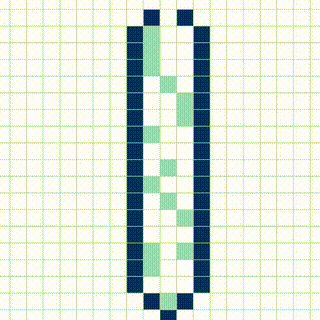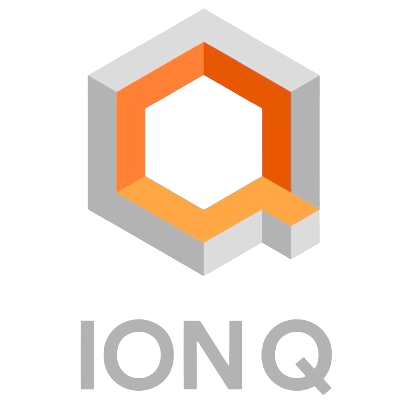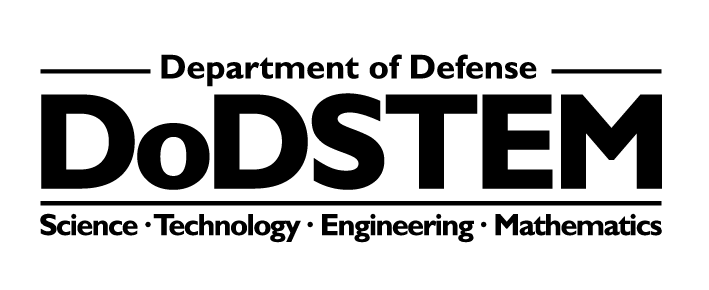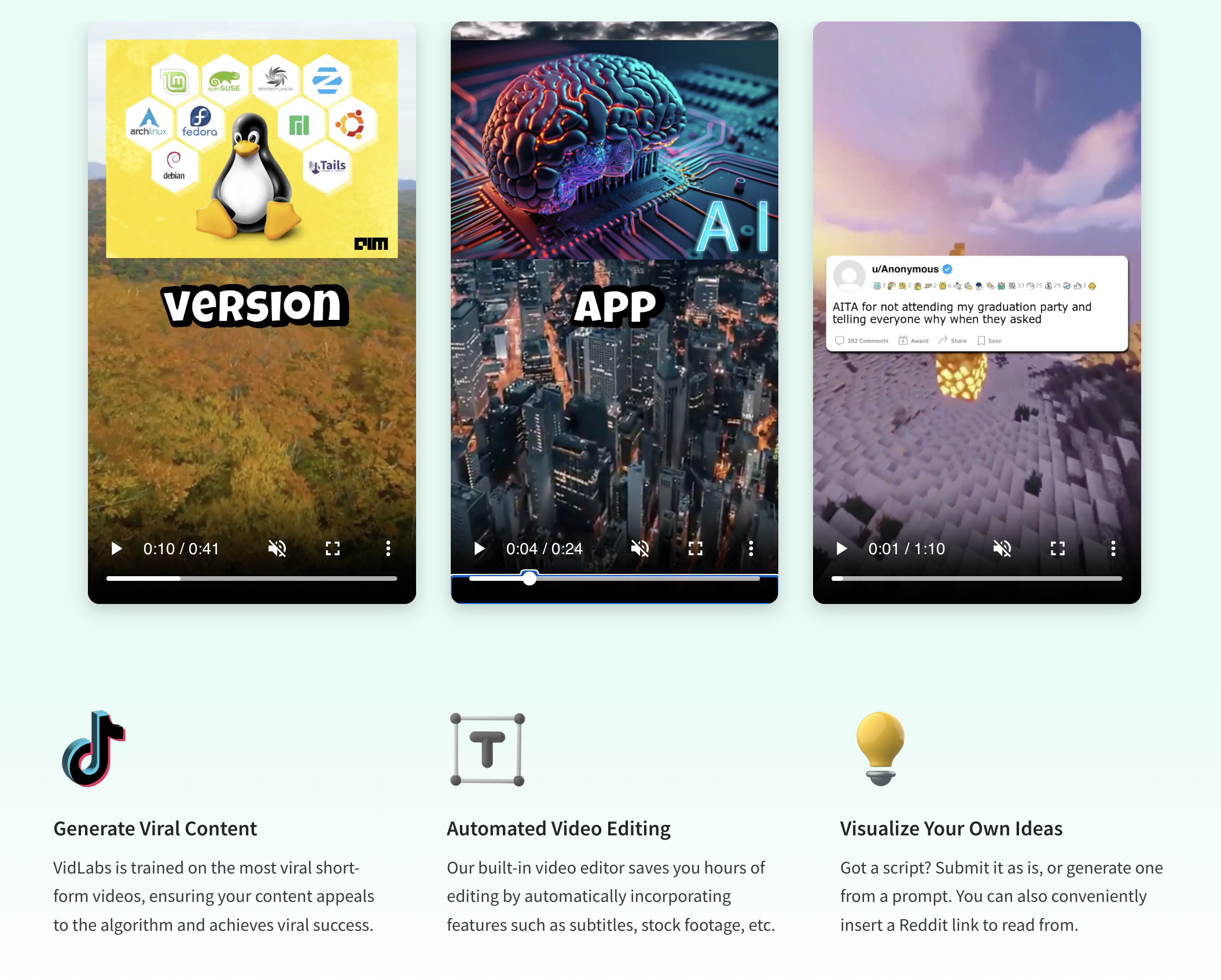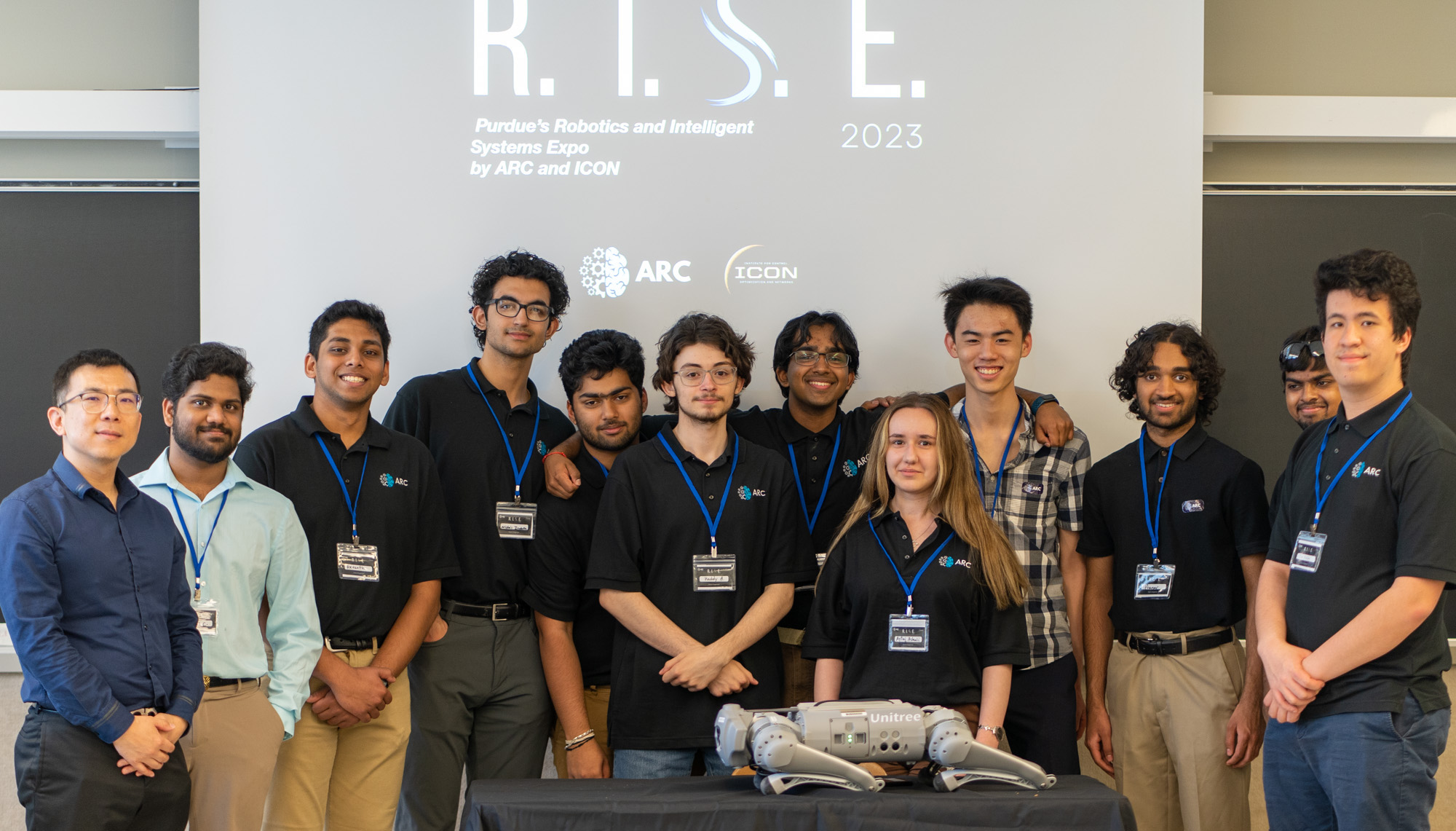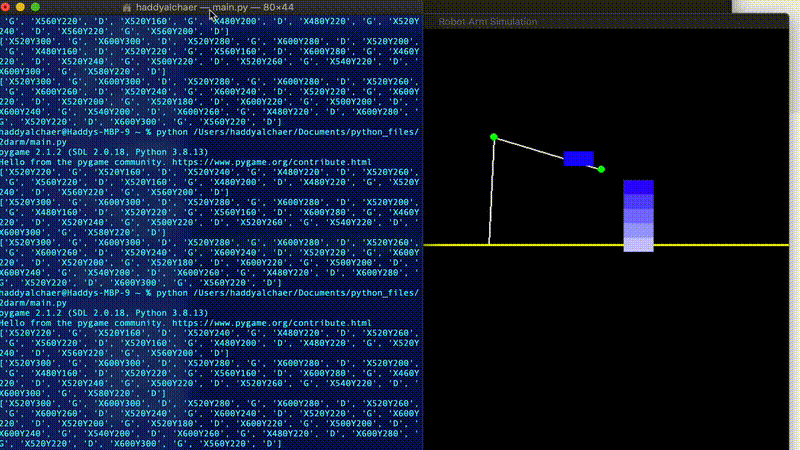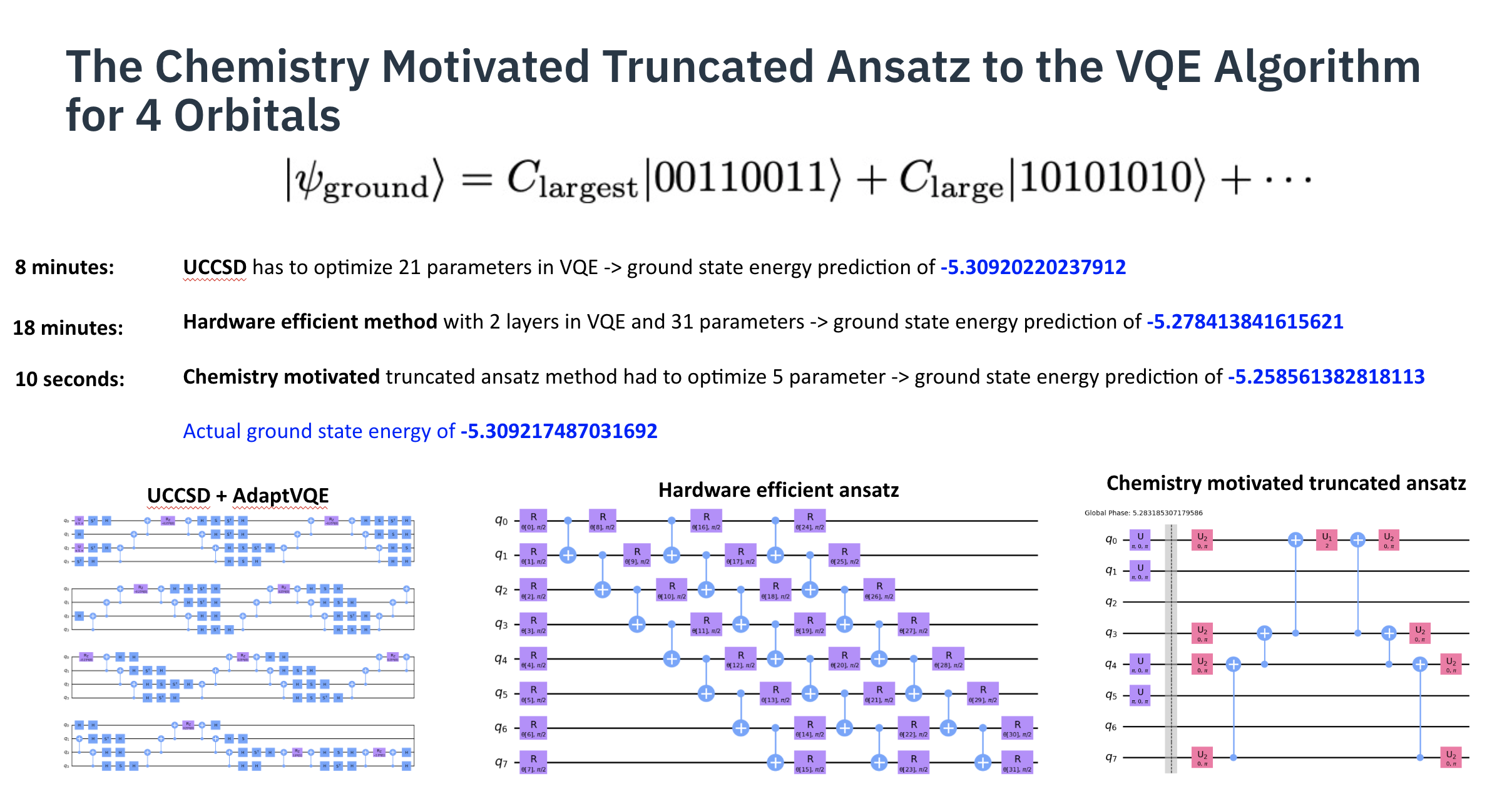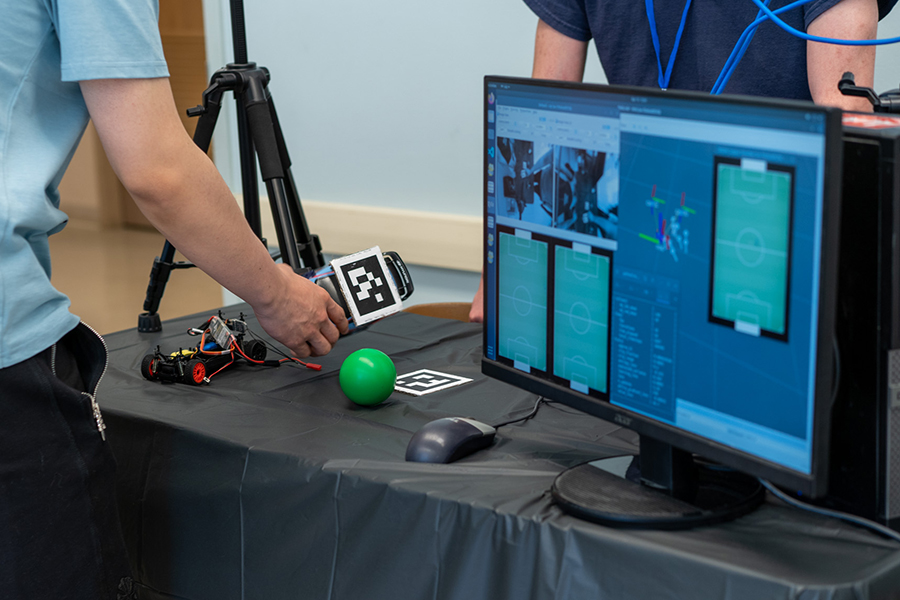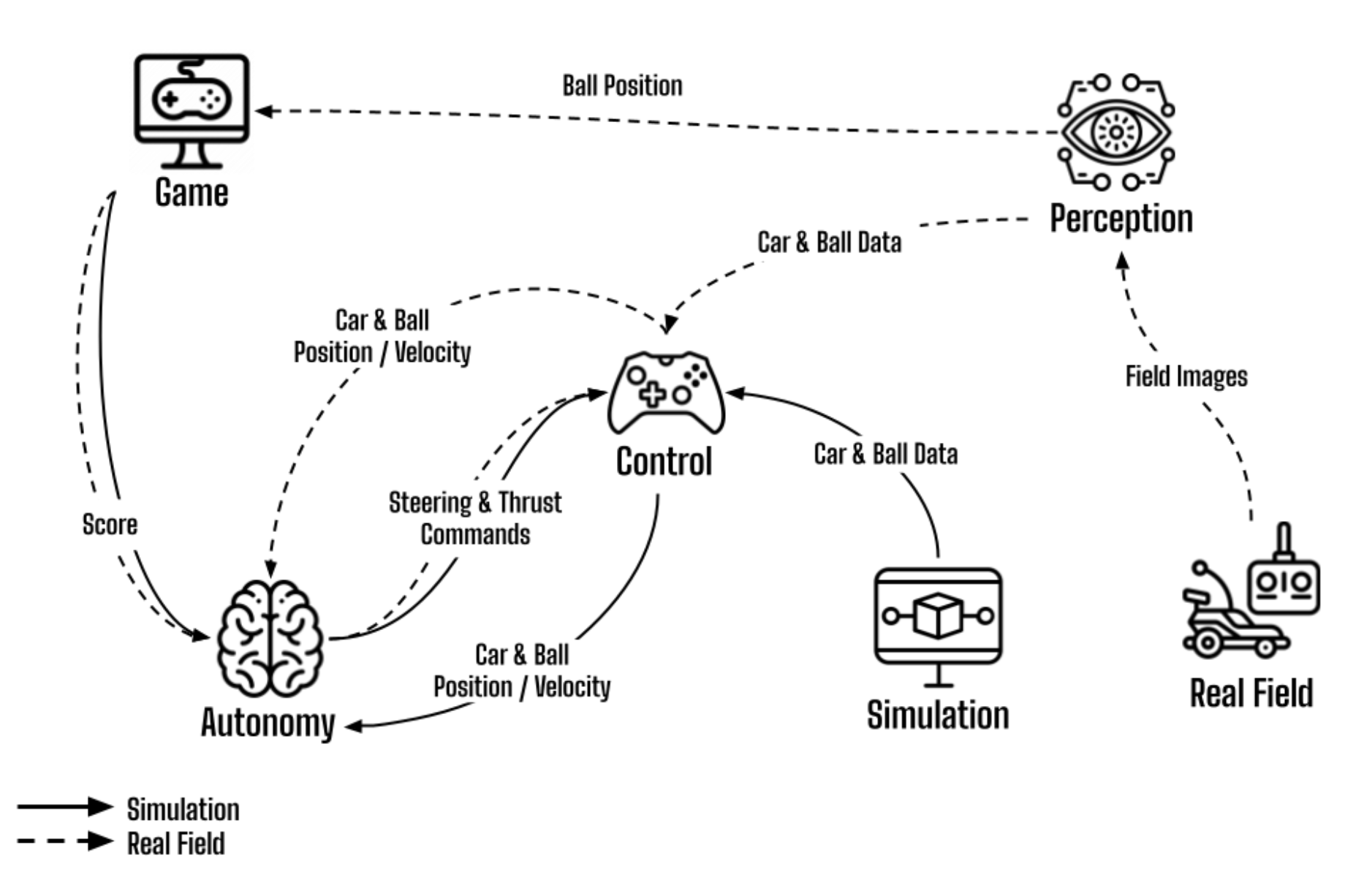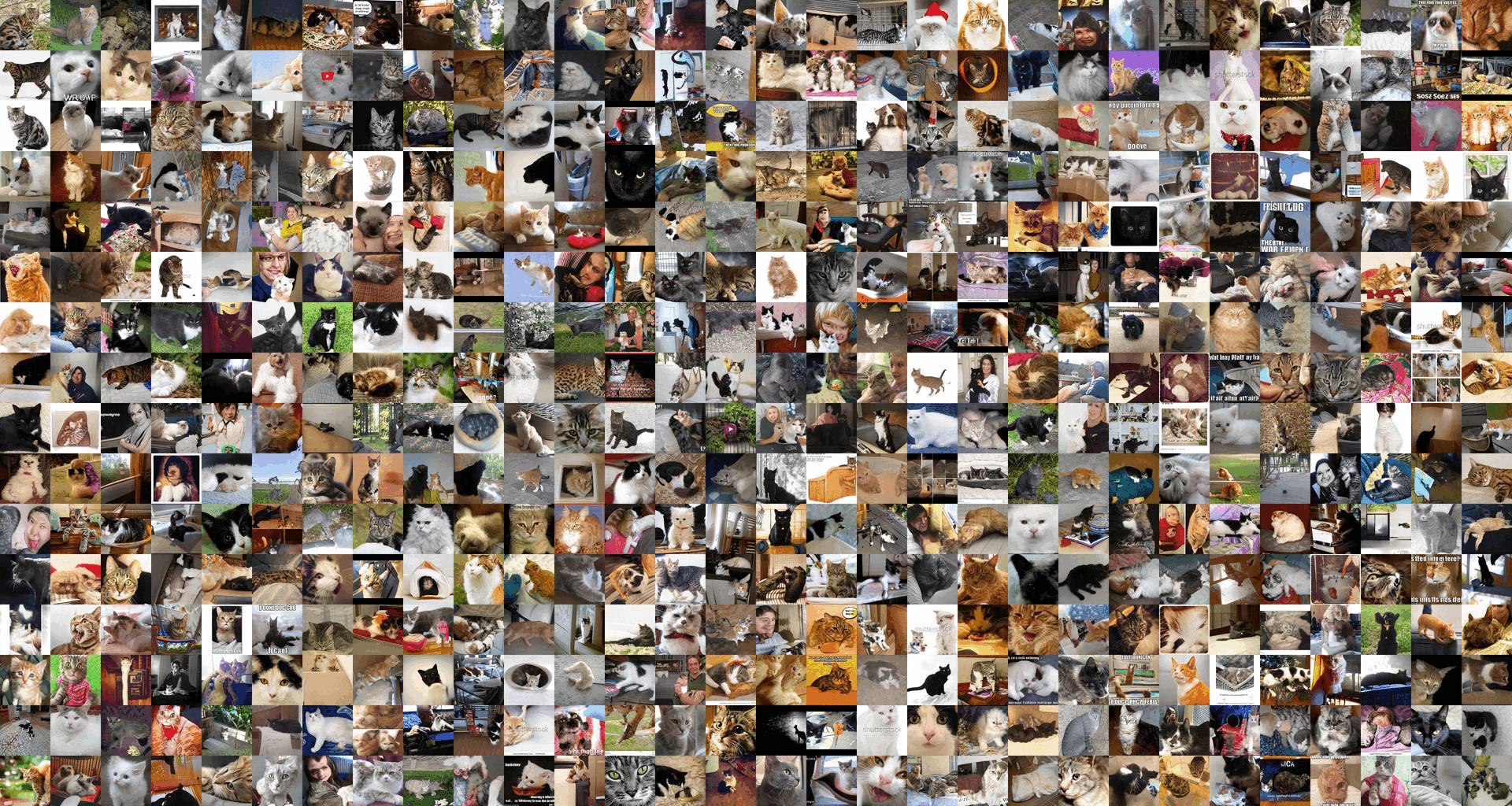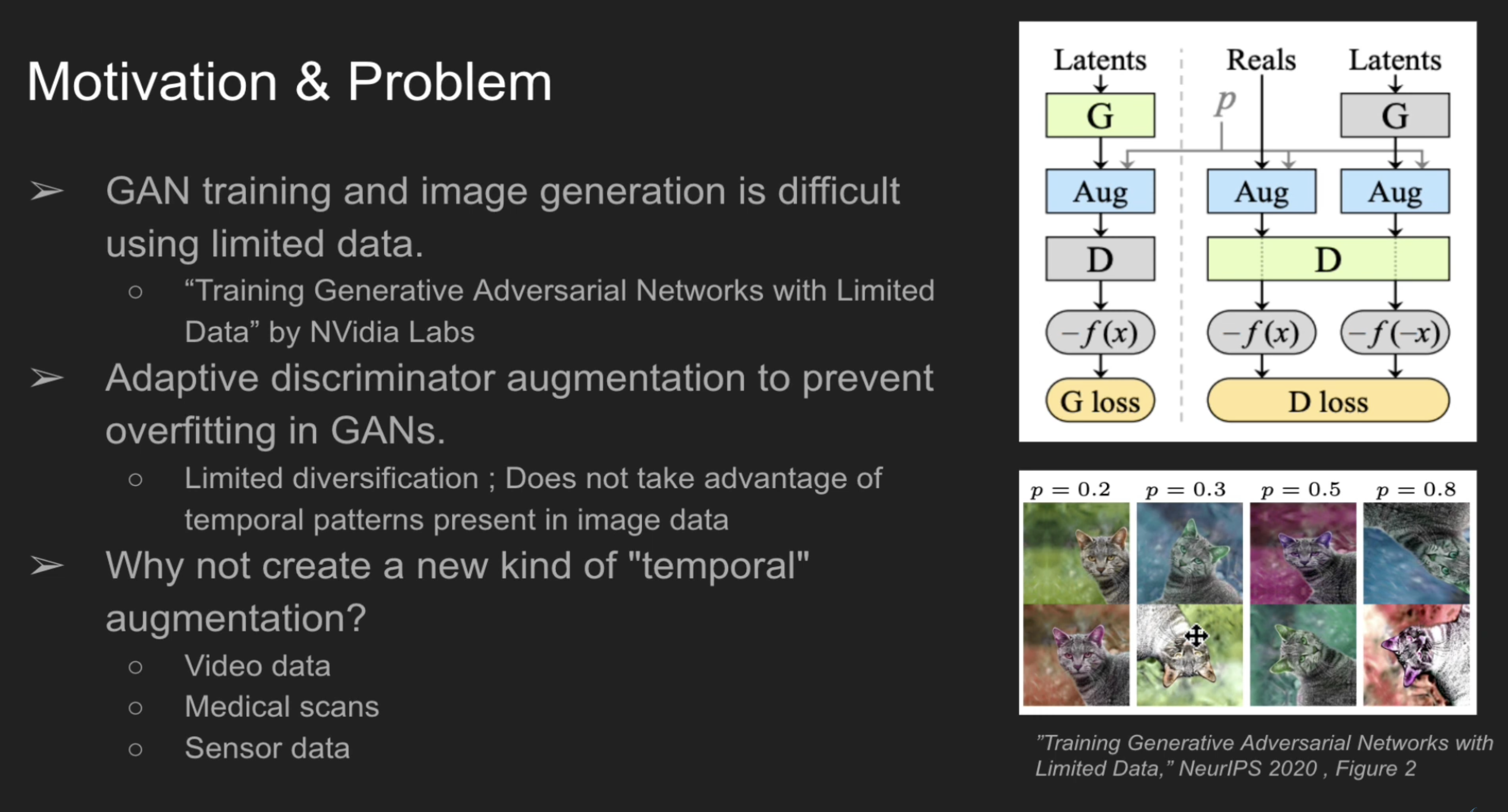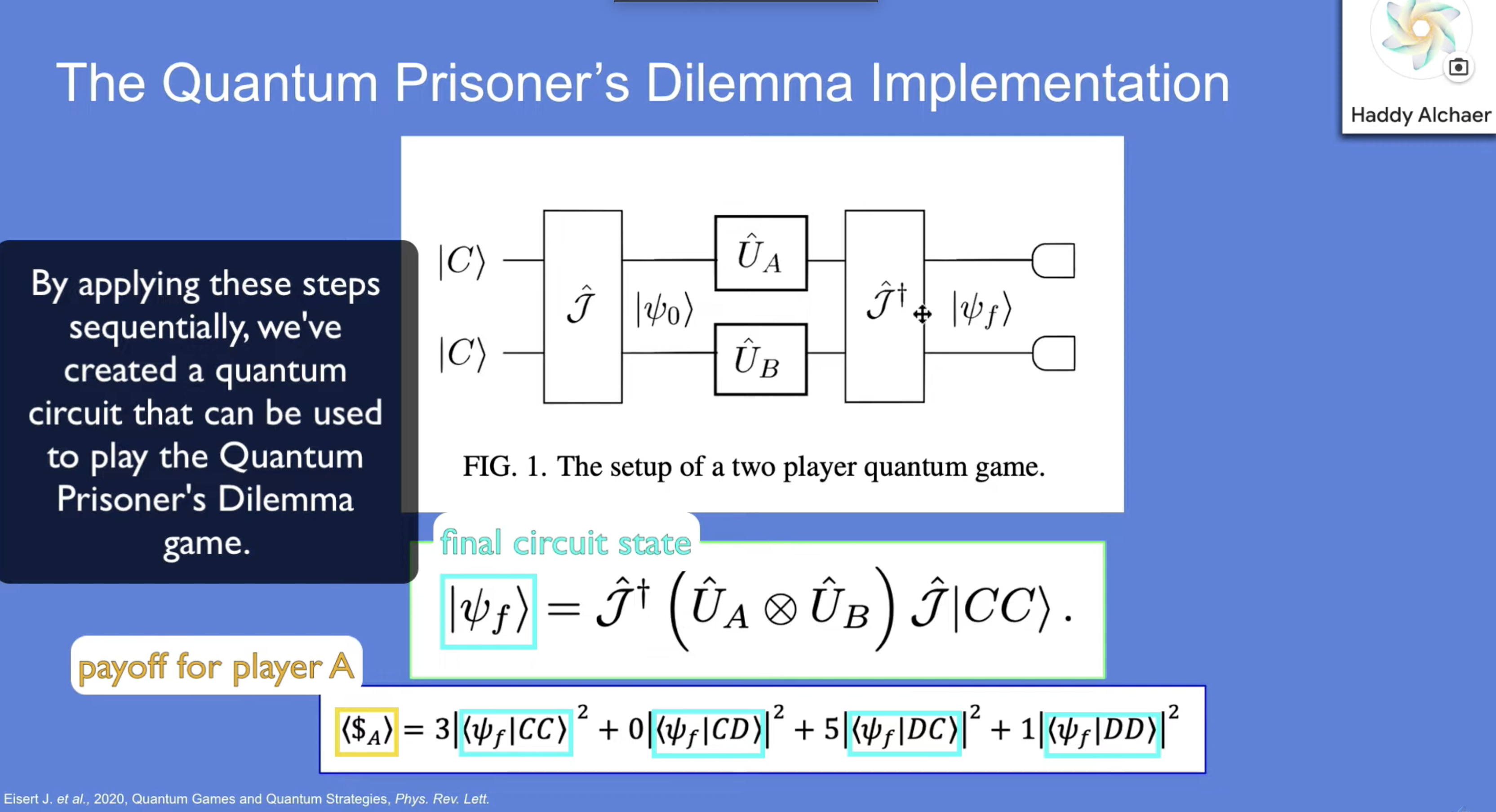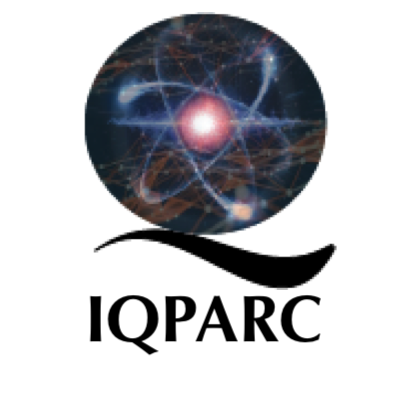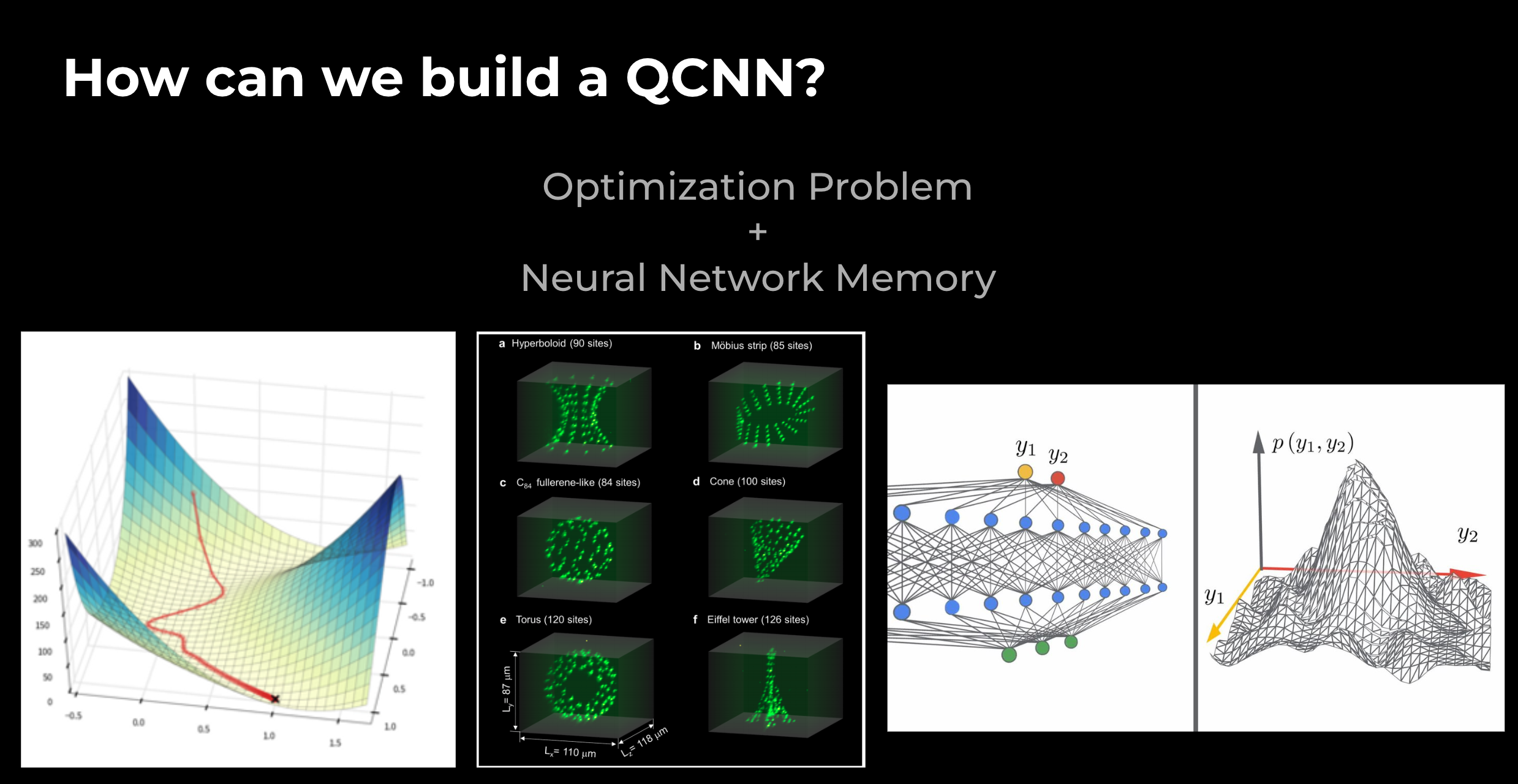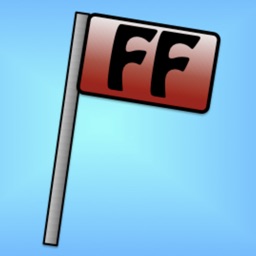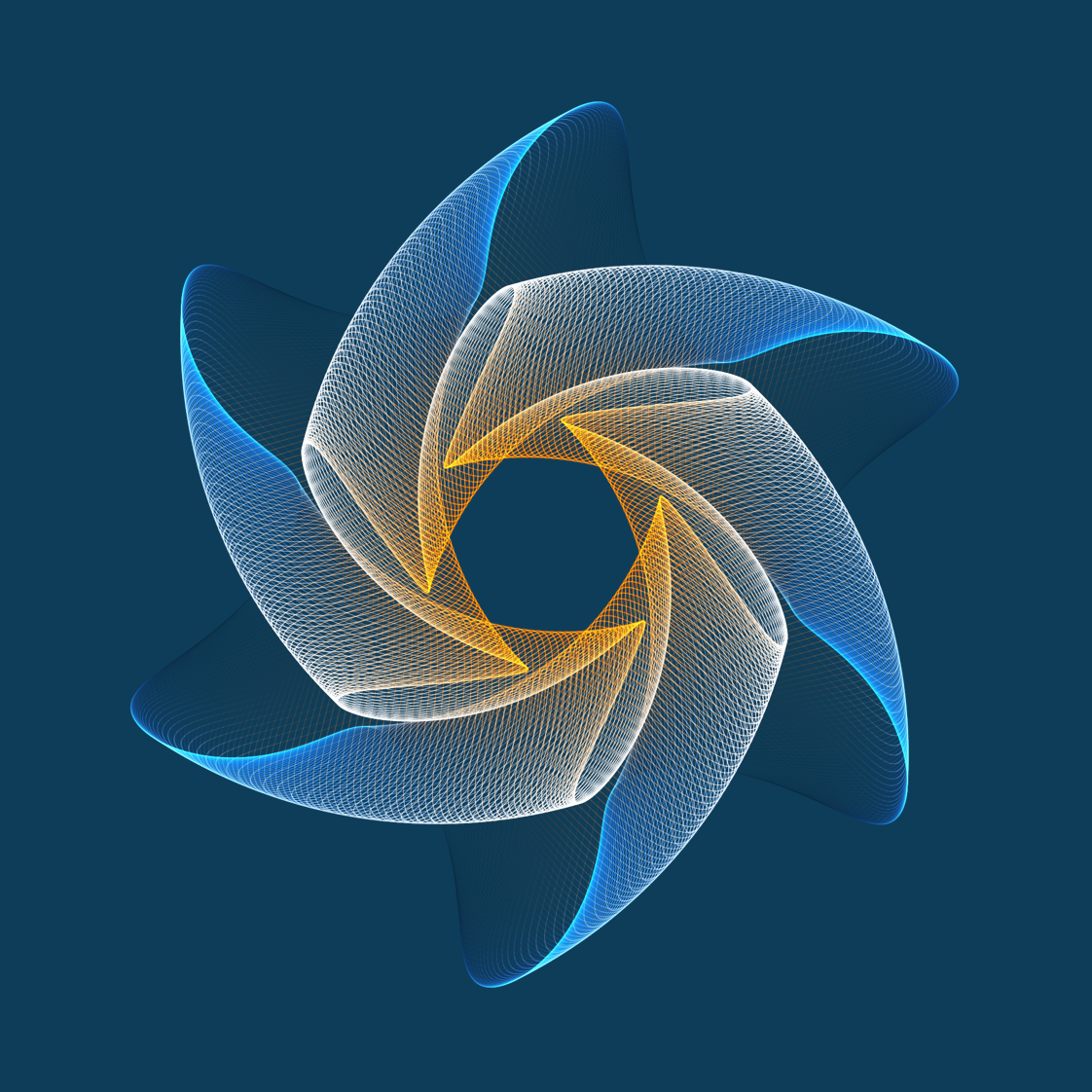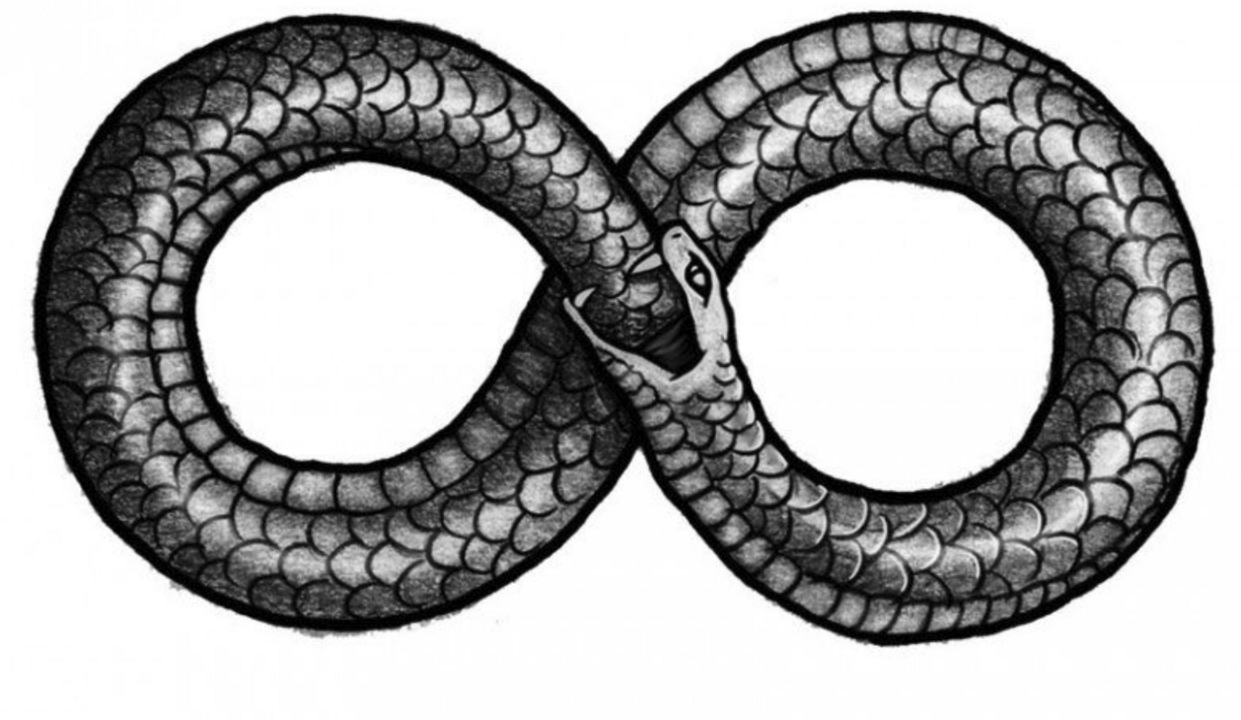Tesla — Firmware Engineering
Designed and implemented a sensor backup system.
VidLabs.ai — Co-Founder
Secured funding from Purdue and Microsoft to develop industry-level generative AI software.
Developed high-load VM infrastructure on Azure for enterprise-scale, on-demand machine learning tasks, achieving significantly improved real-time performance.
Integrated a Flask API to streamline data flow between our customers and the system.
Secured a 6-figure contract with one of the largest content monopolies on TikTok. Our generated videos have collectively amassed 250+ million views.
Hired a 5-person team of developers and marketers to lead product development, drive strategic marketing campaigns, and deliver results.
Purdue ARC — President
Propelled the Autonomous Robotics Club of Purdue (ARC) to 150+ active students, making it the university's largest robotics student organization, focused on advanced robotics research.
Mentored 3 full-stack, robotics-based projects to achieve their technical goals within short timeframes (See Sphero Swarm and Rocket League under "Projects").
Organized the inaugural Robotics and Intelligent Systems Expo (RISE), attracting 500+ students in a showcase of cutting-edge robotics research from all of Purdue.
Has evolved into the largest student-run robotics and AI conference in the midwest.
Robot Arm Simulator, Reinforcement Learning
Developed a custom, open-sourced robot arm simulator in Python and ROSpy, for machine learning applications.
Trained it how to pick up objects in a nearby radius using natural language commands and LLMs for high-level planning, and the PPO reinforcement learning algorithm for low-level controls.
Includes a simulated vision system for obstacle detection, avoidance, and semantic-based manipulation.
IBM & Boeing Corrosion Simulator
Developed a quantum chemical simulator that discovers optimal molecular structures for aircraft materials to reduce corrosion costs.
The custom ansatz (circuit design) ran ~48x more efficiently on embedded quantum hardware than the existing SOTA framework provided by IBM.
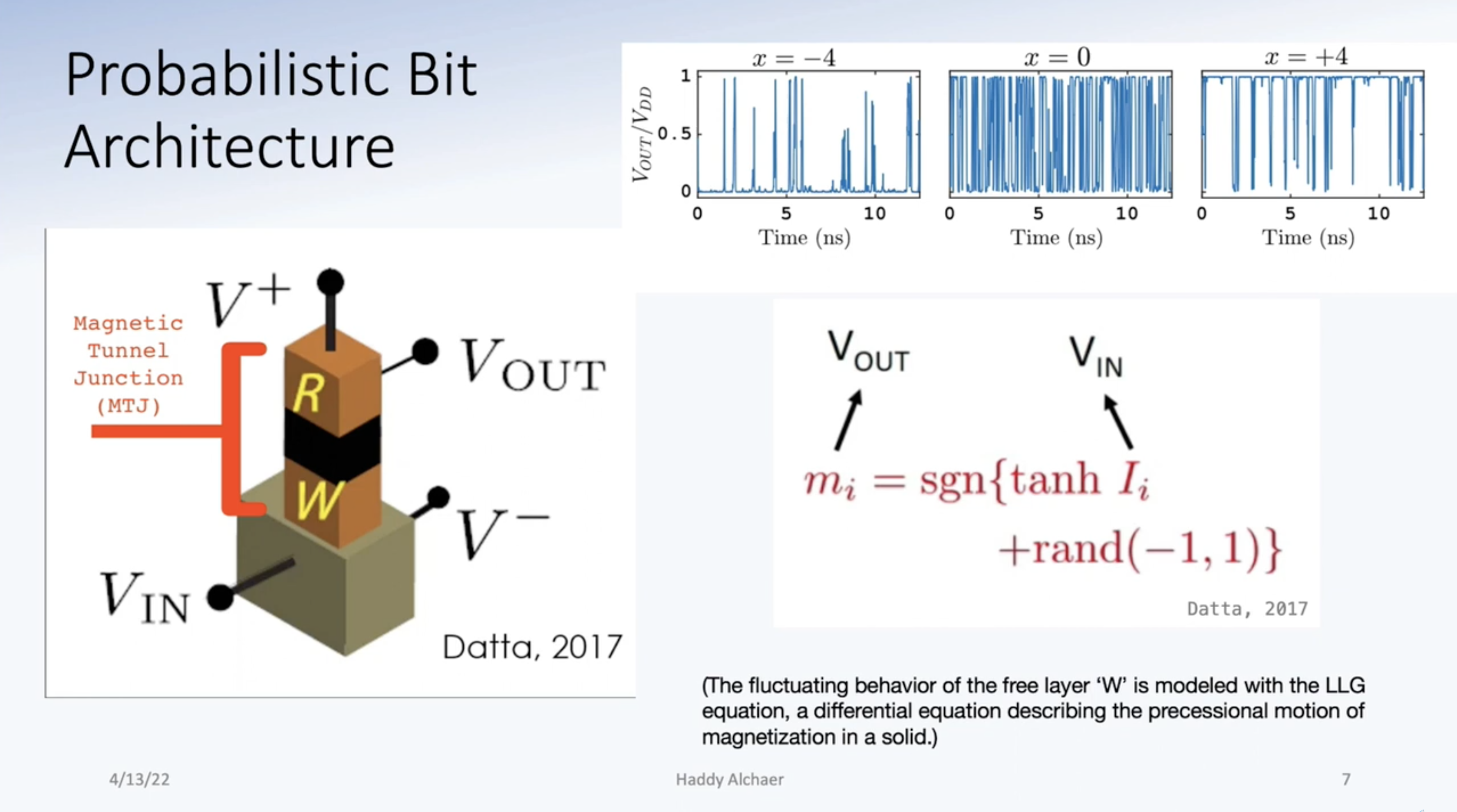
Probabilistic Computing Research for NP-hard combinatorial optimization problems.
Formulated a probabilistic computing algorithm to solve the Graph K-coloring NP-complete problem using MATLAB.
Devised industrial-level circuit simulations with induced noise using HSPICE, recorded and analyzed data output.
Presented results at the 2022 Spring Undergrad Research Conference, and won 2nd place in the College of Engineering.
Completed under the guidance of Prof. Peter Bermel.
Soccer-Car Reinforcement Learning Agent (Rocket League)
Constructed a PPO reinforcement learning algorithm with OpenAI's Gym, PyTorch, and StableBaselines3 to train an autonomous car how to play soccer.
Tuned hyperparameters with constrained computing resources to achieve a 90% agent win rate.
Physical autonomous vehicle (watch video) is controlled by a centralized computer running a high-level physics simulator of the entire system that dictates the low-level agent controls (see linked video above!).
Vehicle tracking, ball tracking, and path error correction all done via low-latency computer vision.
Training GANs on Video Data (ECE 570)
Developed a novel 'temporal augmentation' technique to improve Generative Adversarial Network (GAN) training with limited datasets, particularly focusing on video data. Watch Video
Implemented this approach by modifying the StyleGAN2 ADA framework and employing a human face GIF dataset, introducing dynamic temporal elements into the training process.
Conducted experiments comparing standard and temporal augmentation methods, demonstrating improved model performance with lower Frechet Inception Distance (FID) scores. Read my paper here!
TrueVid iOS Application
A specialized camera app that ensures the media you capture and share is authentic, uneditable, and permanently accessible.
Developed a secure iOS app that stores raw video data on the blockchain (via IPFS) for users to prove a video's authenticity
Implemented native iOS mobile authentication system in Swift with Firebase database that scales to thousands of users.
Supports large image files retrievable from a decentralized database, organized with hash buckets by subject, keywords, and tags.
English-Russian Language Classifier
I developed a Convolutional Neural Network capable of distinguishing between English and Russian speech with 92% accuracy. The core challenge was to classify sequential audio waveforms effectively.
This project harnessed over 100 hours of diverse audio data for training. The network structure required extensive filtering and preprocessing to handle this complex dataset efficiently.
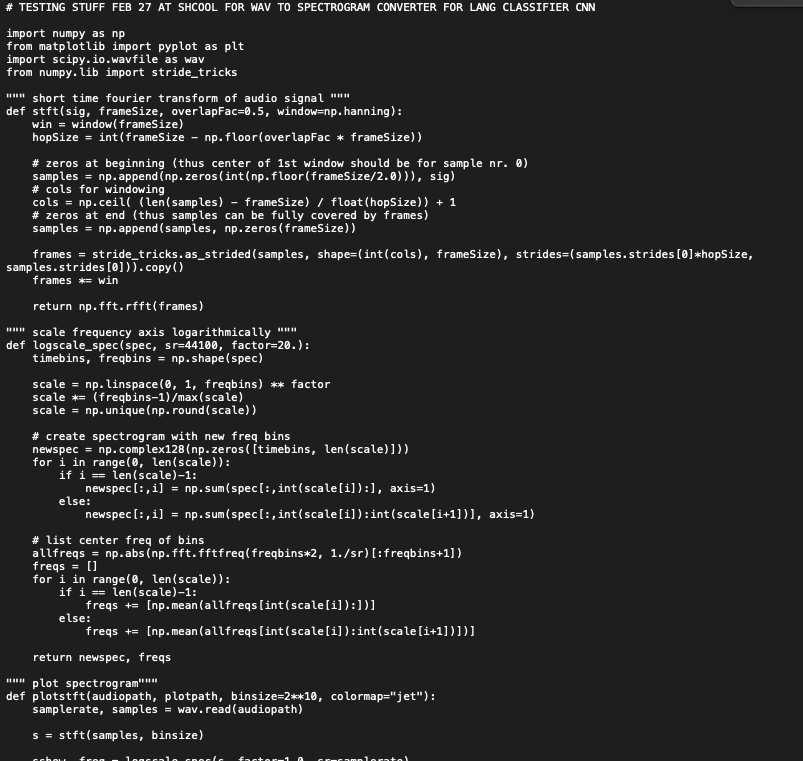
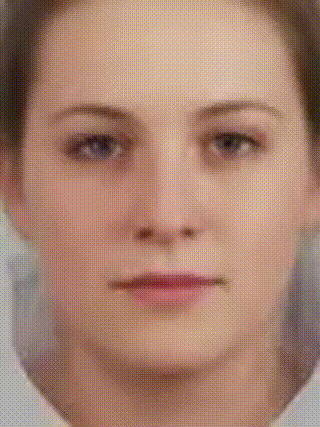
AI Virtual Assistant (Will be updated soon)
Developed an image-to-video model using the HyperGAN framework, enabling dynamic morphing of human facial images for precise lip-syncing with text-to-speech outputs. This creates a seamless audio-visual experience in AI-based therapy sessions.
Implemented a CNN to accurately classify a wide range of facial expressions and interpret spoken words in real-time, utilizing webcam and audio inputs for GPT-based emotion and speech analysis. Watch video here!
IQ-PARC @ Purdue University
We created a quantum version of the classic Prisoner's Dilemma game optimized to run on embedded quantum hardware (based on this paper).
Designed an interactive frontend application with Python that communicates with a scalable IBM Quantum Provider backend.
Presented regular progress reports to my supervisors, got app published on NanoHub.org, and was awarded a stipend through a DoD sponsorship.
Completed under the guidance of Prof. Mahdi Hosseini.
Quantum Machine Learning
Developing a Quantum Convolutional Neural Network implementation that operates natively on quantum hardware, in collaboration with Microsoft and IonQ.
Researched the limitations of using quantum computers for classical image recognition tasks and quantum encoding of classical data.
Measured accuracy and speed, specifically for recognizing handwritten digits, surpassing traditional neural network limitations on niche tasks.

